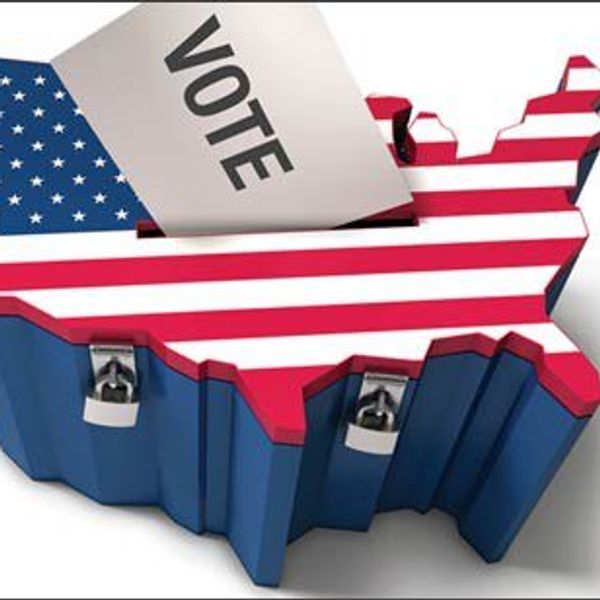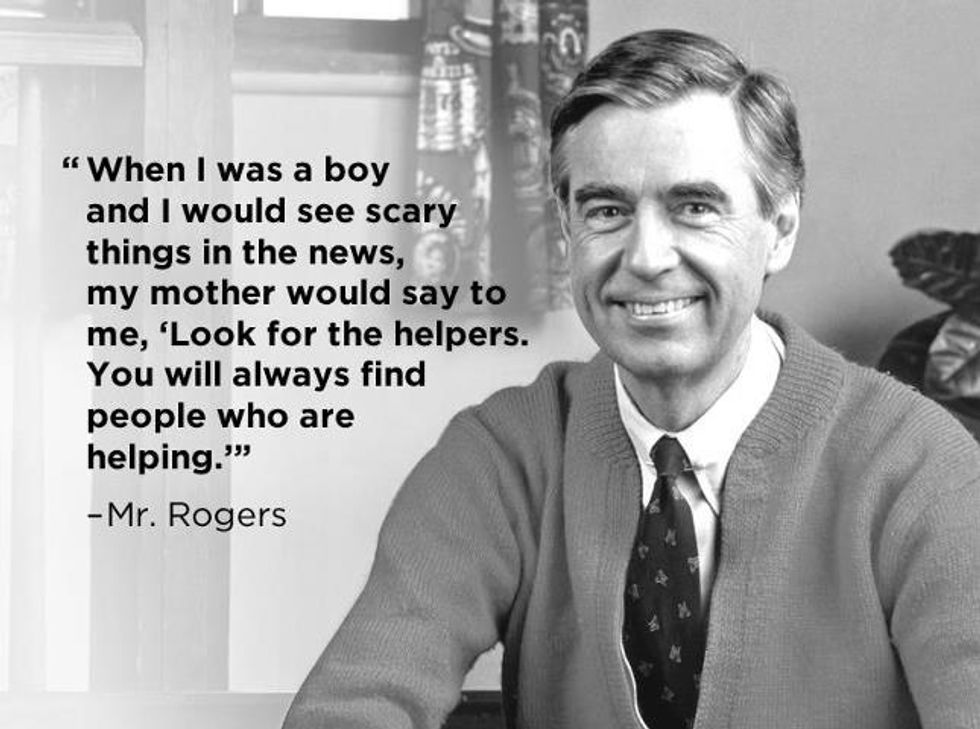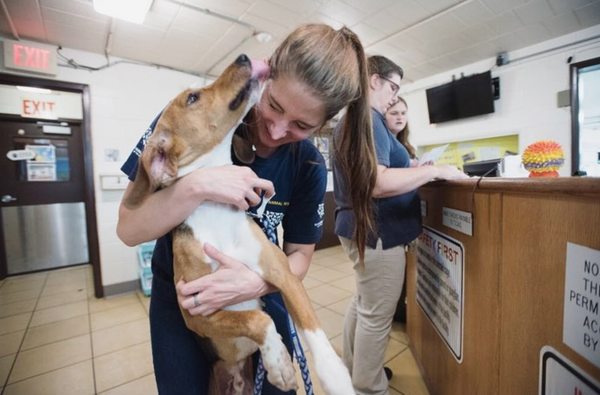The electoral college--something a lot of people have been discussing for the first time in a long time. Well, since 2000, at least. Most people understand the electoral college the same way, with the assigned number of electors to each state, proportional to size and population, and being delegated by the popular vote.
Have Your Voice Heard: Become an Odyssey Creator
This past week, when Hillary Clinton lost the electoral votes but won the popular vote, it all got brought up again.
Most Clinton supporters remember the ability of the electoral college to have "faithless voters" who vote against the way they pledged. 29 states have laws with some sort of penalty, however, they have never been enforced, despite having faithless votes.
This does mean that there is a plausible chance of the election not being over yet.
It's up to each individual elector to decide if they want to vote the way pledged, or to violate those rules. The aftermath of the election, with the shifts in the stock market, violent or peaceful protests, and general unrest of our country, indicates the need to change the decision. However, after every election there is unrest, there is sadness, and there is feeling that the system is broken.
And maybe it is.
Whether or not that is true, this is the system we have right now, this is the system that brought us to this choice. Beyond these parties, behind this system, are people. Individual people, with hearts and thoughts and dreams. Whether they thought one candidate or another would help those dreams is beyond discussion now.
More important than fixing anything now, is loving each other and caring for each other, regardless of voting. Remember the people. Be the helpers.






















